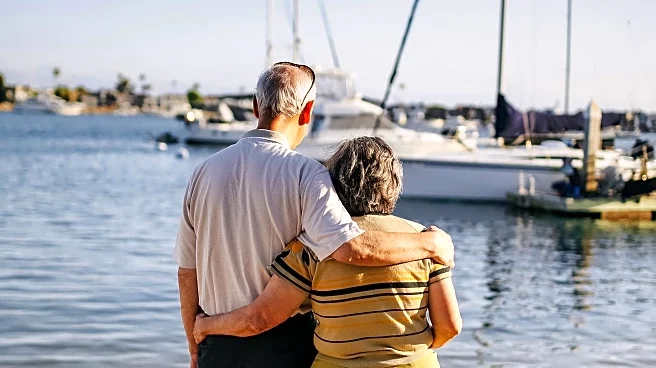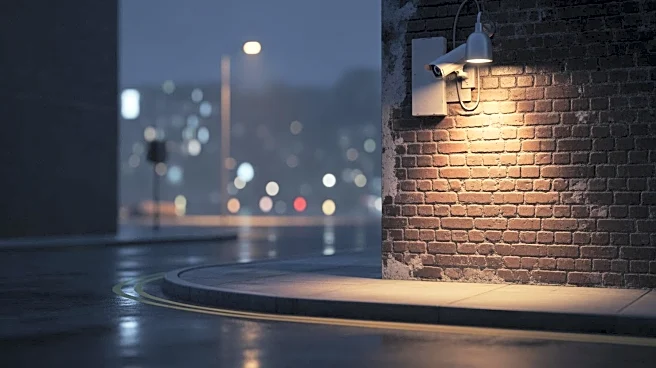What's Happening?
Kelly Benthall and her husband, who retired early to embrace slow travel, recently embarked on a fast-paced five-week journey across the UK and Ireland. Their itinerary included seven stops, each lasting about five days, covering regions such as Dorset, Cornwall, the Cotswolds, the Lake District, Edinburgh, North Wales, and Dublin. Despite the thrill of revisiting familiar places and exploring new ones, the couple found the rapid pace exhausting. The trip involved extensive sightseeing, including visits to castles, sea cliffs, and historic streets, but left them physically and mentally drained. The experience reaffirmed their preference for slow travel, which allows them to immerse themselves in local cultures and communities.
Why It's Important?
The couple's experience underscores the growing trend of slow travel, which emphasizes deeper cultural engagement and personal well-being over rapid tourism. As more retirees and travelers seek meaningful experiences, the travel industry may need to adapt by offering longer stays and more immersive itineraries. This shift could impact tourism economies, particularly in regions that rely on quick turnover and high visitor numbers. Slow travel promotes sustainable tourism practices, potentially benefiting local businesses and communities by encouraging longer stays and repeat visits. The couple's story highlights the importance of balancing exploration with relaxation, a concept that could reshape travel norms and expectations.
What's Next?
Having returned to a slower pace in Killaloe, Ireland, the couple plans to continue their month-long stays, allowing them to integrate more fully into local life. Their experience may inspire other travelers to reconsider their travel habits, opting for longer stays and deeper connections with destinations. The travel industry might respond by developing packages that cater to slow travelers, focusing on cultural immersion and local experiences. As the couple shares their story, it could influence travel narratives, encouraging others to prioritize quality over quantity in their travel plans.
Beyond the Headlines
The couple's journey highlights the psychological impact of travel pace on well-being. Fast travel can mimic the stress patterns of a high-pressure career, leading to burnout even in retirement. Their experience suggests that travel should be a restorative activity, not a source of stress. This perspective may lead to broader discussions on travel's role in mental health and lifestyle choices, encouraging a shift towards more mindful and intentional travel practices.









